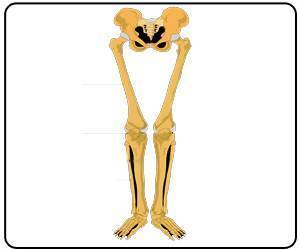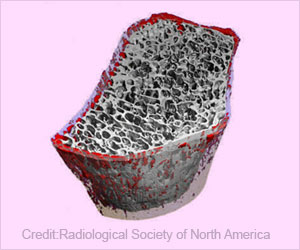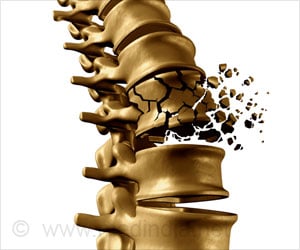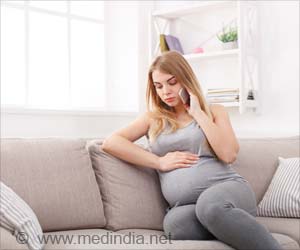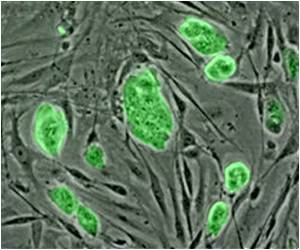Healthy donor stem cells delivery in Osteogenesis imperfecta (OI) patients has the potential to improve bone mass and correct the mutant collagen matrix, reports a new study.
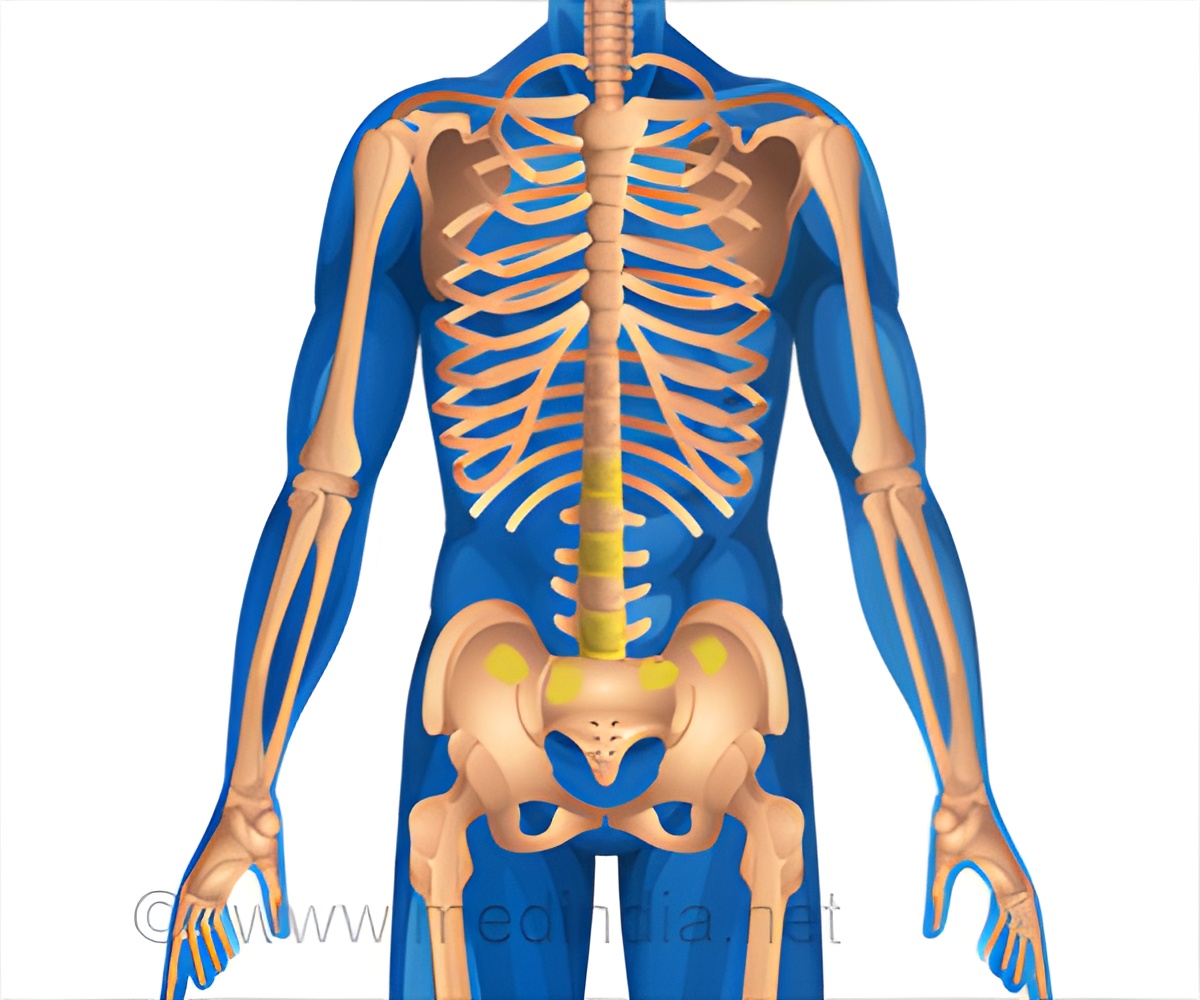
‘Osteogenesis imperfecta is a group of genetic disorders that mainly affect the bone. Patients with OI have bones that break easily, sometimes with no visible cause.
’
Read More..




In the journal, the research group of Dr. Ivo Kalajzic, lead investigator and professor, presents a study with the potential for new treatments to address the root cause of weak and brittle bones. This work is a result of concerted effort by a postdoctoral fellow Dr. Ben Sinder, Dr. Sanja Novak, research instructor, and Dr. Peter Maye, associate professor, in the Center for Regenerative Medicine and Skeletal Development in the Department of Reconstructive Sciences at the UConn School of Dental Medicine, along with Dr. Brya Matthews now a researcher at the University of Auckland, New Zealand.Read More..
"This is a basic research study with potential for future translation into practice," Kalajzic said.
In this study, the researchers transplanted healthy donor bone marrow cells directly into the femur of mice with OI. One month post-transplantation, the researchers found that 18% of the surface that was injected with the donor cells expressed osteoblasts--cells that help form new bone tissue--that indicated engraftment, or growth. Long-term engraftment was then observed 3 and 6 months post-transplantation. The researchers found that healthy donor cells that replace mutant collagen have the ability to help improve bone strength and structure .
The study proved that healthy donor stem cells that produce normal collagen in OI patients have the potential to increase bone mass and correct the mutant collagen matrix. The findings unlock the potential for new therapies to help correct the adverse effects of OI.
Source-Eurekalert

